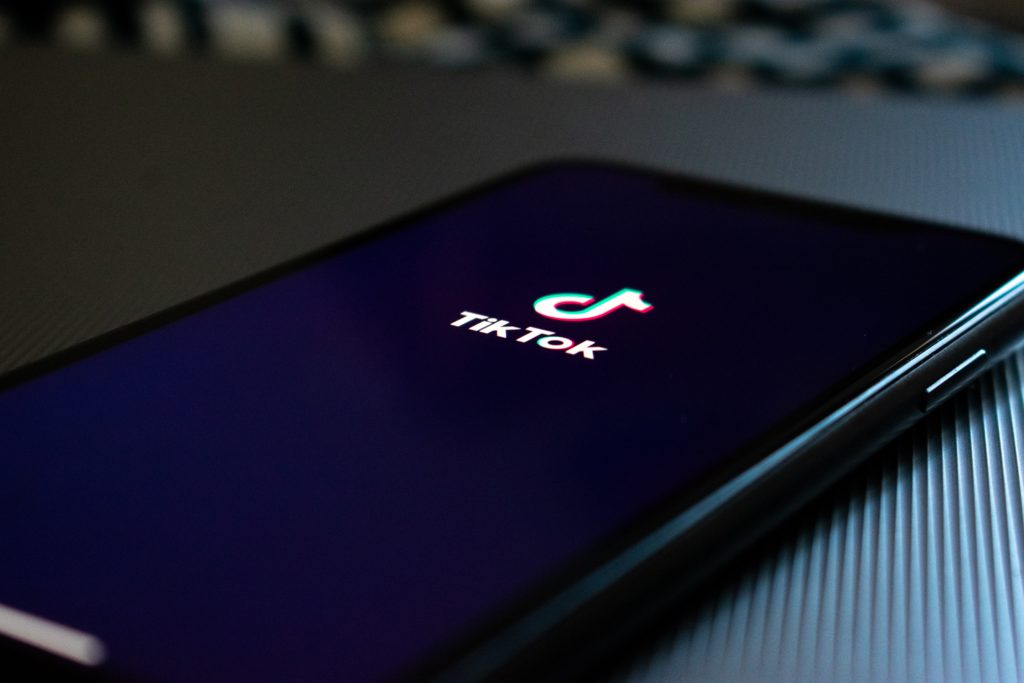Debunking the myth of entitled millennial employees

Ok, Boomer and Gen-Xer: millennials are angry. A wealth gap analysis study reported by CNBC has revealed that millennials earn 20% less than the other generations at the same stage in life. They also have higher student debts and stare at a bleak future thanks to the climate crisis. Why should you care? Because very soon they will be your workforce, managers and customers. By 2025, millennials will be 70% of the workforce, and they are not having an easy transition if you consider the higher rate of job-hopping in this segment.
There have been countless op-eds describing this workforce as ‘entitled’ or ‘lazy’, and while there has been a reversal of that narrative lately, with many of the millennial myths getting debunked, the average organization is still struggling to retain millennials. This problem is particularly severe for startups, even for unicorns like Facebook and Uber, who hover around 2 years mark for average employee tenure. As a startup working with other startups, we have also faced our share of retention challenges, and as a consultancy, our team is what makes us unique. So every time someone leaves, we didn’t lose just a resource, but also knowledge, camaraderie with the clients, and work dynamics perfected over months. We realized that quick fixes, like more incentives and flexible work hours, may not be enough.
As startup entrepreneurs and GenX-ers working with millennials, we had to ask ourselves: what gives?
The birth of cool
 More than 86% of 13- to-38-year-olds aspire to become “influencers,” citing interest in getting paid to promote products on social media. Instagram, Snapchat, and recently TikTok have taken our collective imagination on what a millennial wants from life. So every time they cite job satisfaction, it’s chided with analogies of how other generations bit the bullet and took hits on the chins. There’s one small problem with this notion: it’s not entirely true. As per the study conducted by the Employee Benefit Research Institute, Millennials are about as pragmatic as their GenX’er and Boomer counterparts, if you consider that the average time spent by employees in a particular role hasn’t gone down dramatically since the 1980s. Also, while the millennials are certainly swayed by short-term trends, which generation has not?
More than 86% of 13- to-38-year-olds aspire to become “influencers,” citing interest in getting paid to promote products on social media. Instagram, Snapchat, and recently TikTok have taken our collective imagination on what a millennial wants from life. So every time they cite job satisfaction, it’s chided with analogies of how other generations bit the bullet and took hits on the chins. There’s one small problem with this notion: it’s not entirely true. As per the study conducted by the Employee Benefit Research Institute, Millennials are about as pragmatic as their GenX’er and Boomer counterparts, if you consider that the average time spent by employees in a particular role hasn’t gone down dramatically since the 1980s. Also, while the millennials are certainly swayed by short-term trends, which generation has not?
“Walkman pots calling the iPhone kettles black?”
One area where millennials do seem to deviate from other generations is their need to believe in what their company does. This doesn’t say ‘entitled’, and if the same sentiment was expressed by GenX’er and Boomer leaders, it would have been hailed as ‘indomitable character’. In other words, what millennials often find ‘cool’ is nothing but an alignment of their personal beliefs and their day job. This creates a peculiar problem for startups such as BDG. While our mission tends to resonate with our young hires, they can easily lose track of their contribution to this big picture.
One thing that has worked to avoid this is the culture of appreciation and acknowledgement. Slack channels, shoutouts in Town Halls, or even just a quick mention in weekly scrum meetings seem to have worked in the past. Also, while we strive to stay true to our business values, a quick recap at each town hall has done wonders for our work culture, helping the team visualize the big picture. We have realized that investing our time in ‘vision maintenance’ is vital. The consulting and agency model often leaves little time to catch up with our specialists, rather than dousing some urgent business emergency. However, as part of our company culture, we have attempted to keep our 1:1s on the calendar, even to just say ‘hi’. We realized that it helps to keep that option open for our teams so that they can voice their concerns immediately.
Appraise before they leave
Millennials work hard, and more than anything, they value knowing what they’re striving for. Appraisals have always worked to improve retention; one thing that millennials world over agree upon, however, is their disapproval of traditional appraisal systems. If you consider the fact that the startup world is governed by fluid overnight strategies and improvised management styles, is it moral to expect patience? Perhaps it’s time to throw away the traditional notion of ‘putting in the time’ to evaluate loyalty and engagement. Above everything else, millennials, like every other generation before them, value growth opportunities and clarity about the path to growth. Almost 60% of millennials in a Deloitte study favour work styles that emphasize qualities such as being methodical, research-oriented and pragmatic. This may seem counterintuitive to what was previously known and needs to be addressed by management, especially in a startup environment.
“Millennials favour ‘guardian’, and ‘driver’ styles that favour focus and clarity – Deloitte Study ”
As a predominantly GenX’er and Millennial workforce, we at BDG have tried to address this by creating a framework that values aspiration, hard work and approval. Our model allows each team member to decide the course and speed of their career progress. This means, appraisals are not once a year exercise, but self-initiated progress plans that offer a clear path to the next level. We take into account objective skills, the satisfaction of clients and coworkers, and tangible contributions to the growth of BDG to help our team members progress in their careers. Anecdotal evidence suggests that this model has been a great morale booster, and is likely to improve our retention rates.
Unlike the end-of-year, bell-curve computation, this model lets the employee initiate the next level in their career growth. This has helped us retain some of our top-performers, which in turn is likely to influence others to strive for similar success. However, at the end of the day, it’s not just about the growth paths or aligning personal beliefs to the organization’s collective mission.
The silent retention killer
 Perhaps the biggest contradiction of commonly accepted millennial culture attributes is their reputation of being ‘social’. The Deloitte study, for example, reveals that millennials might be ‘secretly introverted’, even more so due to the aid of social media. While devices and social platforms have allowed us to connect with strangers, as well as summon the courage to reach out across continents, it has also created barriers in real, meaningful connection at work. And it’s beginning to take its toll. As reported by the National Institute of Mental Health, half of the U.S. millennials and 75% of Gen Z employees have quit their jobs in the last year due to mental health-related reasons.
Perhaps the biggest contradiction of commonly accepted millennial culture attributes is their reputation of being ‘social’. The Deloitte study, for example, reveals that millennials might be ‘secretly introverted’, even more so due to the aid of social media. While devices and social platforms have allowed us to connect with strangers, as well as summon the courage to reach out across continents, it has also created barriers in real, meaningful connection at work. And it’s beginning to take its toll. As reported by the National Institute of Mental Health, half of the U.S. millennials and 75% of Gen Z employees have quit their jobs in the last year due to mental health-related reasons.
“The global economy may be losing $323.4 billion annually due to burnout – Business Insider ”
These numbers should be a cause for concern for any management, and they serve as an impetus to take immediate action. While methods such as flexible hours, work from home facility and other perks that incentivize a healthier lifestyle are all tried and tested, we need to constantly ask ourselves: are they enough? Maslach Burnout Inventory is the most commonly referred framework that identifies three dimensions for burnout: Exhaustion, cynicism and a sense of accomplishment. Interestingly, the methods deployed by most startups to alleviate the causes of burnout seem to be barking not only at the wrong tree but also at the shortest.
Overlapping, and at times conflicting commitments, office politics (alive and kicking in the woke era) and lack of genuine support to fulfill duties seem to be the leading causes of burnout. And yet, the solutions seem to be fairly superficial. BDG’s attempts to correct this involved a multi-level approach that included getting rid of needless Slack channels (yes, we did that!) and other management tools that were increasing workplace anxiety. It’s easy to relate with any startup that attempts this path of addressing the root cause: The firefighting culture.
As Peter Drucker says “Culture eats strategy for breakfast”. We decided to douse the firefighting by following a two-pronged approach. First, we encouraged the transparency between client-facing roles and the delivery teams like content and design. This meant not having multiple buffers between internal and external deadlines. Second, we enabled our creative teams to be almost militant about insisting that briefs are completed before a project can kick- off. Surprisingly, we didn’t lose any of the flexibility and managed to accommodate last-minute requests without increasing our collective stress levels, because normally adversarial functions learned to take cognizance of their needs. Our experience overall taught us that being more organized requires a deep, structural renaissance, without which JIRA and Confluence are just tools that will not change the ground realities.
“Clear job descriptions, and revisiting the roles and responsibilities at town halls helps teams take ownership of the tools rather than being obstructed by them. ”
The biggest takeaway for startups is that attempts to reengineer the processes must be seen as pit stops in an ongoing campaign to discover deeper, more meaningful work culture. Each generation before us has challenged the status quo, and Millennials will perhaps be responsible for the most dramatic shift in the way we work. No one could stop a 5-day week and smokeless conferences after all. Asking for a more meaningful, less stressful work environment seems almost pedantic in comparison.

